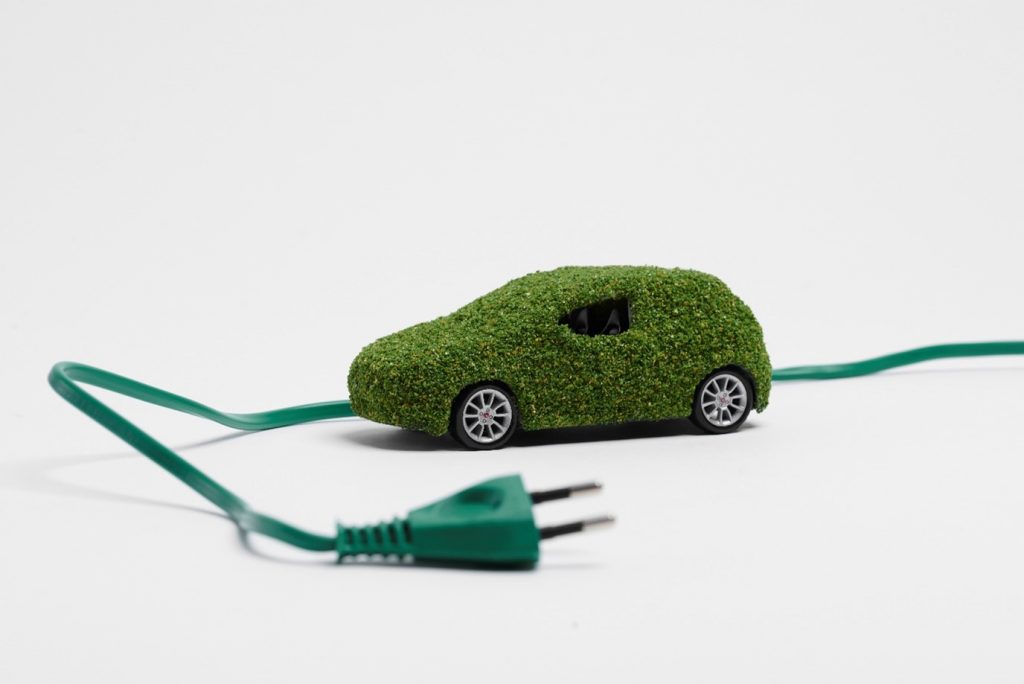Electric cars are all the rage these days, with any listed on online listing sites getting snapped up quickly. With more electric car charging stations in NZ than ever before, running an electric vehicle is slowly becoming more viable. But are these vehicles all they’ve cracked up to be, and are they really as clean and green as they claim?
Why People Are Buying Electric Cars
Kiwis are flocking to buy electric cars, and there are many reasons for this. One huge consideration is the reduction in fuel expenses. As electric vehicles run on electricity, this eliminates the need for motorists to spend thousands of dollars on fuel each year. Electric car charging stations in NZ are becoming more prevalent as well, allowing people to more easily charge up their cars when they are on the road.
Cost-savings aren’t the whole story, however. Many people are also thinking of the effect on the environment of driving a fossil-fuelled vehicle. An electric car produces only around a third of the total lifetime emissions of a typical petrol car. For people looking to lower their carbon footprints, this is a simple switch that can greatly reduce your outputs.
Another reason that New Zealanders are switching to electric cars is to get a rebate. Purchasing certain vehicles may mean that you are offered a rebate by the government as they try to incentivise people to reduce their emissions. New policies are in the pipeline as well, so these types of cars are likely to become increasingly popular as the government helps to make them more affordable for the general public.
The Problem with Electric Cars
While electric cars are certainly more eco-friendly than those that burn through petrol, they aren’t 100% clean either. While the cars don’t produce much carbon while they are driven, the manufacturing process is a different story.
Carbon is produced in almost in every phase of the car-making process right until it reaches the customer. The manufacturing, recycling, and shipping of every single electric car generates carbon emissions.
Let’s take the Tesla Model 3 electric car, for example. Over its life, it will emit around 16.5 tonnes of carbon dioxide as you drive it. This is around a third of the emissions that cars like the Toyota RAV4 produce. However, the creation of the Tesla’s battery generates 6.5 tonnes of carbon dioxide, and the body creates around 5.7 tonnes. That’s still a whole lot of impact on the environment despite the vehicle’s ‘environmentally friendly’ marketing push.
New Zealand may be considered a leader in the push for more environmental awareness. However, because almost all cars on the roads in New Zealand are imported from overseas, the carbon cost of manufacturing the vehicles doesn’t count towards our footprint. With thousands of cars on New Zealand roads, this doesn’t seem very transparent.
Upcoming Changes
Maybe in the future, companies that produce electric cars will find more eco-friendly ways to create the required parts. However, for now, it’s likely that your supposedly ‘clean, green’ car isn’t all that great for the environment.
Automakers are already pledging their commitment to changing the way they manufacture cars. General Motors has said that they plan to have a carbon-neutral manufacturing process by 2040. So there is hope that in the future, electric cars will truly be as green as they claim to be.
Are Electric Cars the Greenest Option?
Switching to everyone using electric cars instead of petrol vehicles is not enough to save the world from its climate crisis. Adding more electric car charging stations in NZ is not the answer. We also need to consider alternative means of travel and even reducing the amount we travel.
Electric cars are a better choice than petrol models for those who need to drive to or from work, drive long distances, or generally need a vehicle. However, the greenest forms of transport will always be walking, bikes, and scooters. These emit no negative outputs and are great for your health as well.
Failing that, public transport is the next best option. Trains, buses, ferries, and even electric scooters are great choices. If you choose public transport, the emissions are divided across the number of people using it, so you’re generating lower emissions on an individual level.
Sharing an electric car is also a great way to reduce your carbon footprint. Emissions generated in the manufacturing process are shared across all users, lowering individual footprints. If you carpool or share ownership of a car, this is a great way to still be able to access a vehicle when you need it without as much impact on the planet.
At the end of the day, of course, electric cars are greener than standard vehicles. So, if you’re going to drive, you may as well do it in an electric car. Look for electric cars on online car listing sites like Shopless and do your part for the planet.

Pingback: Will Electric Cars Take Over Petrol Cars with Pending Government Ban?
Pingback: Could Buying a Car be Harder Than Ever Due to Lack of Car Parts?